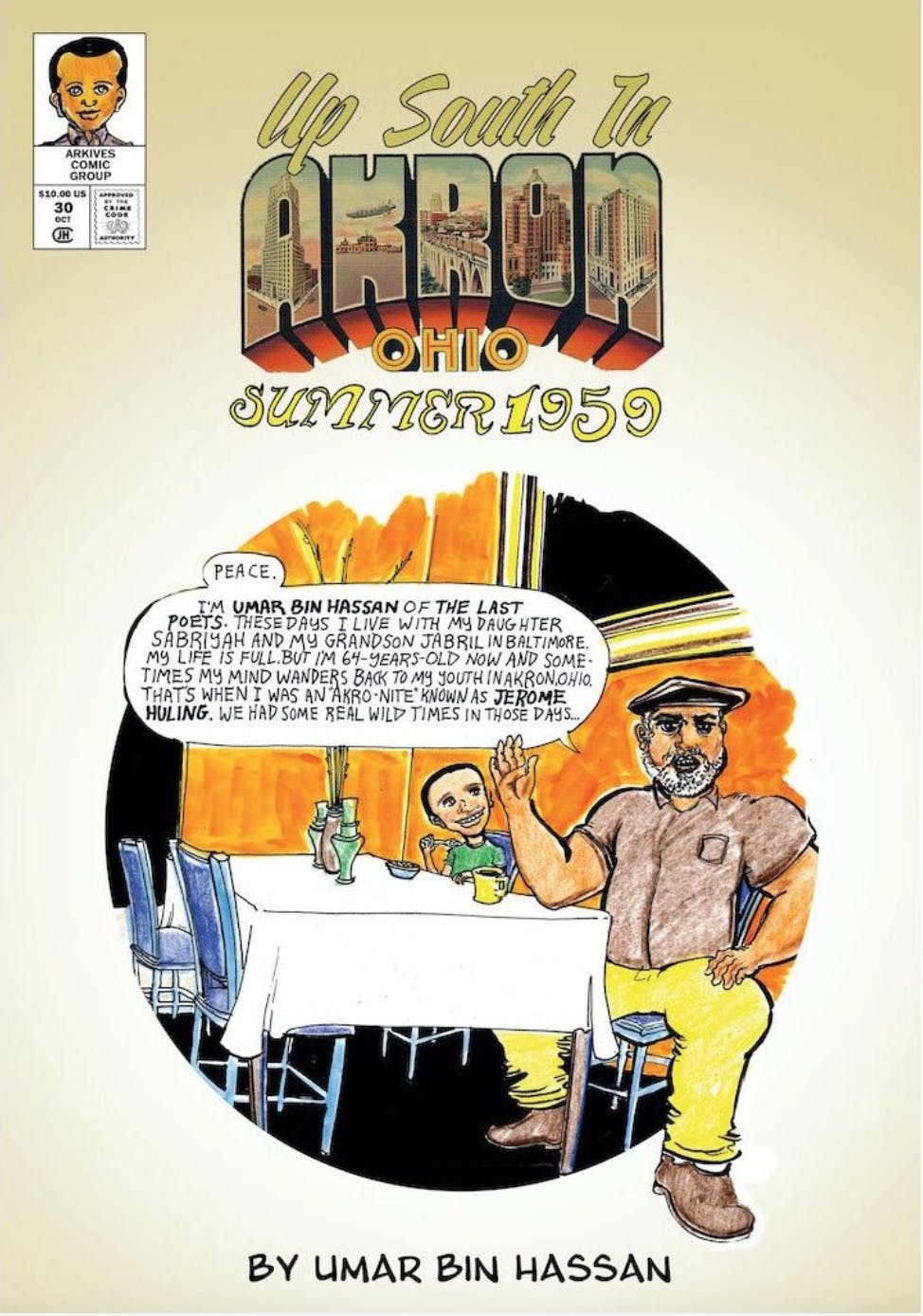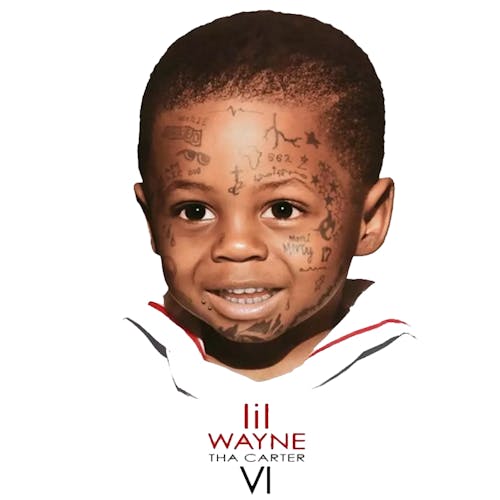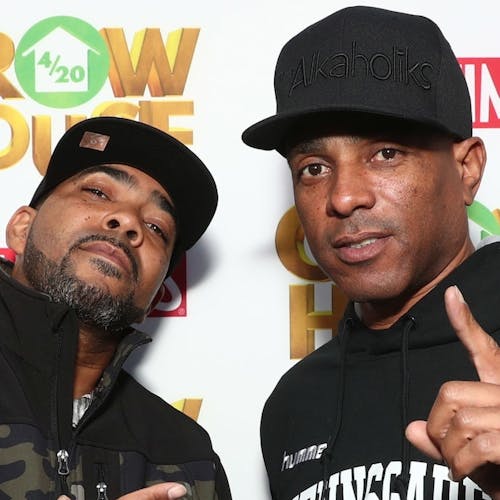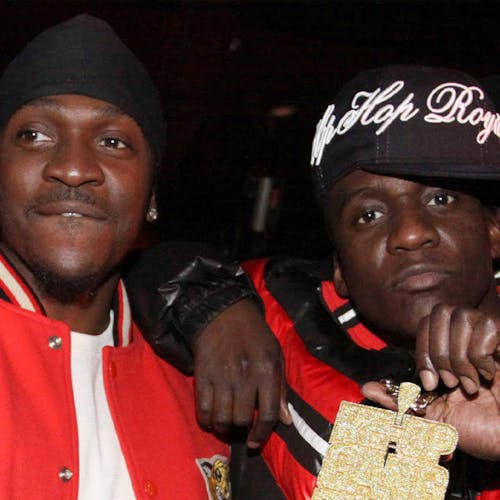Umar Bin Hassan is one of the only surviving members of The Last Poets, a group of New York City-based artists whose revolutionary work helped bring awareness to the plight of Black people while simultaneously encouraging their community to be better.
With controversial titles such as “Wake Up N#ggers” and “White Man’s Got A God Complex,” their politically-charged tracks stirred up tough conversations and blazed a trail for conscious rappers to follow. In fact, The Last Poets—whose core members included Hassan, Abiodun Oyewole, Baba Donn Babatunde and the late Jalal Mansur Nuriddin—are widely considered among the first “rappers.” Their razor-sharp spoken words placed over jazzy, soul-laden rhythms inadvertently led to Hip-Hop groups like A Tribe Called Quest, De La Soul and Common. Many of the ‘90s era MCs routinely paid homage to The Last Poets, with Nas and Common even featuring them on their albums.
“Ghostface Killah and RZA [from the Wu-Tang Clan] will bow down when they see us,” Oyewole once told The Guardian. “People say we started rap and Hip-Hop, but what we really got going is poetry. We put poetry on blast.”
That same modesty flows through Hassan’s veins. The doe-eyed Akron, Ohio native, whose kindness and humility is arguably unparalleled by any other living legend, doesn’t seem to fully grasp just how important he is to the Hip-Hop landscape. And if he does, there’s no trace of pretentiousness about it. The Last Poets have been sampled or quoted by Brand Nubian, Public Enemy, N.W.A, Dr. Dre, Snoop Dogg, UGK, Meek Mill, X-ecutioners and Little Brother, to name a few. The Notorious B.I.G borrowed heavily from The Last Poets’ 1970 cut “When The Revolution Comes” for his 1993 single “Party and Bullshit,” further proof of the Poets’ enduring impact.
But, like every artist, Hassan has an origin story that set him on the path to greatness. Up South In Akron: Summer of 1959, Hassan’s recently re-issued comic book, tells the tale of Hassan’s Akron upbringing in eight colorful pages. Edited by Def Jam Recordings’ first publicist/esteemed journalist Bill Adler, and illustrated by Nate McDonough with lettering by Ed Piskor and a layout from Sherri Locker, the comic was originally published in 2013 but was given another life when Music Arkives decided to revive it.









